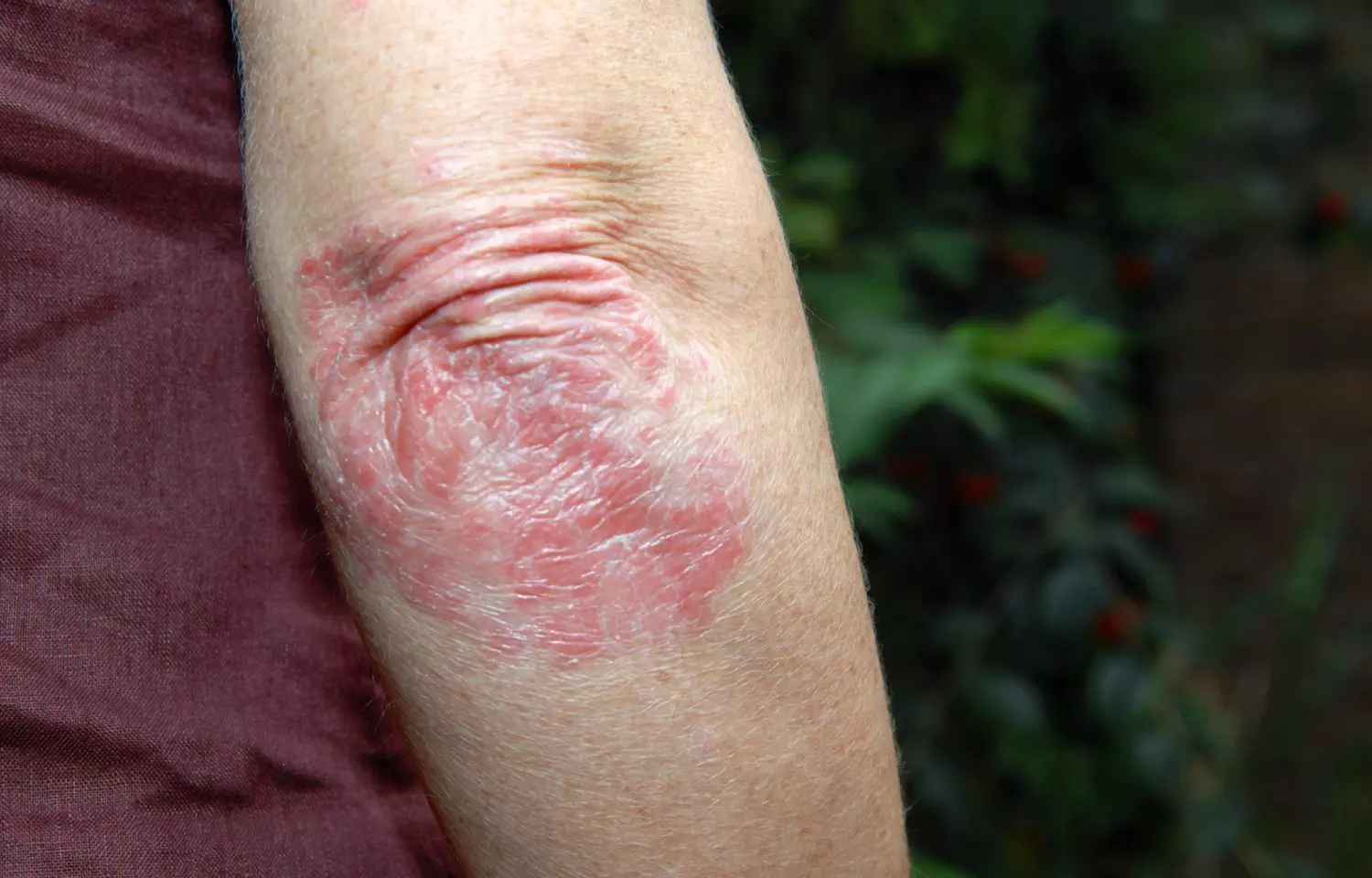- Home
- Medical news & Guidelines
- Anesthesiology
- Cardiology and CTVS
- Critical Care
- Dentistry
- Dermatology
- Diabetes and Endocrinology
- ENT
- Gastroenterology
- Medicine
- Nephrology
- Neurology
- Obstretics-Gynaecology
- Oncology
- Ophthalmology
- Orthopaedics
- Pediatrics-Neonatology
- Psychiatry
- Pulmonology
- Radiology
- Surgery
- Urology
- Laboratory Medicine
- Diet
- Nursing
- Paramedical
- Physiotherapy
- Health news
- Fact Check
- Bone Health Fact Check
- Brain Health Fact Check
- Cancer Related Fact Check
- Child Care Fact Check
- Dental and oral health fact check
- Diabetes and metabolic health fact check
- Diet and Nutrition Fact Check
- Eye and ENT Care Fact Check
- Fitness fact check
- Gut health fact check
- Heart health fact check
- Kidney health fact check
- Medical education fact check
- Men's health fact check
- Respiratory fact check
- Skin and hair care fact check
- Vaccine and Immunization fact check
- Women's health fact check
- AYUSH
- State News
- Andaman and Nicobar Islands
- Andhra Pradesh
- Arunachal Pradesh
- Assam
- Bihar
- Chandigarh
- Chattisgarh
- Dadra and Nagar Haveli
- Daman and Diu
- Delhi
- Goa
- Gujarat
- Haryana
- Himachal Pradesh
- Jammu & Kashmir
- Jharkhand
- Karnataka
- Kerala
- Ladakh
- Lakshadweep
- Madhya Pradesh
- Maharashtra
- Manipur
- Meghalaya
- Mizoram
- Nagaland
- Odisha
- Puducherry
- Punjab
- Rajasthan
- Sikkim
- Tamil Nadu
- Telangana
- Tripura
- Uttar Pradesh
- Uttrakhand
- West Bengal
- Medical Education
- Industry
Allopurinol fails to improve CV outcomes in ischemic heart disease patients: ALL-HEART trial

A recent study found that allopurinol did not improve the primary outcomes in cardiovascular patients aged 60 years or older with ischemic heart disease and no history of gout. The study was published in the journal The Lancet.
Allopurinol is a urate-lowering drug that is used to treat patients with gout. Studies in the past have shown that allopurinol has positive effects on several cardiovascular parameters. The ALL-HEART study aimed to determine whether allopurinol therapy improves major cardiovascular outcomes in patients with ischemic heart disease.
ALL-HEART was a multicenter, prospective, randomized, open-label, blinded-endpoint trial that was conducted in 18 regional centers in England and Scotland, by recruiting patients from 424 primary care practices. Eligible patients aged 60 years or older, with ischemic heart disease but no history of gout were taken into the study. Participants were randomly assigned (1:1), using a central web-based randomization system accessed via a web-based application or an interactive voice response system. Participants were given oral allopurinol up titrated to a dose of 600 mg daily or they could continue usual care. Participants with moderate renal impairment at baseline were given 300 mg daily of allopurinol. The primary outcome was the composite cardiovascular endpoint of non-fatal myocardial infarction, non-fatal stroke, or cardiovascular death. The hazard ratio (allopurinol vs usual care) in a Cox proportional hazards model was assessed for superiority in a modified intention-to-treat analysis. The safety analysis population included all patients in the modified intention-to-treat usual care group and those who took at least one dose of randomized medication in the allopurinol group.
Findings:
- 5937 participants were enrolled and then randomly assigned to receive allopurinol or usual care.
- After the exclusion of 216 patients after randomization, 5721 participants with a mean age of 72·0 years, 4321 [75·5%] males, and 5676 [99·2%] white were included in the modified intention-to-treat population.
- There were 2853 in the allopurinol group and 2868 in the usual care group.
- The mean follow-up time in the study was 4·8 years (1·5).
- There was no evidence of a difference between the randomized treatment groups in the rates of the primary endpoint.
- 314 (11·0%) participants in the allopurinol group and 325 (11·3%) in the usual care group had a primary endpoint.
- 288 (10·1%) participants in the allopurinol group and 303 (10·6%) participants in the usual care group died from any cause.
Thus, this huge trial showed that allopurinol did not improve the primary outcomes in cardiovascular patients aged 60 years and older, without a history of gout.
Further reading: Mackenzie IS, Hawkey CJ, Ford I, Greenlaw N, Pigazzani F, Rogers A, Struthers AD, Begg AG, Wei L, Avery AJ, Taggar JS, Walker A, Duce SL, Barr RJ, Dumbleton JS, Rooke ED, Townend JN, Ritchie LD, MacDonald TM; ALL-HEART Study Group. Allopurinol versus usual care in UK patients with ischaemic heart disease (ALL-HEART): a multicentre, prospective, randomized, open-label, blinded-endpoint trial. Lancet. 2022 Oct 8;400(10359):1195-1205. doi: 10.1016/S0140-6736(22)01657-9. PMID: 36216006.
BDS, MDS
Dr.Niharika Harsha B (BDS,MDS) completed her BDS from Govt Dental College, Hyderabad and MDS from Dr.NTR University of health sciences(Now Kaloji Rao University). She has 4 years of private dental practice and worked for 2 years as Consultant Oral Radiologist at a Dental Imaging Centre in Hyderabad. She worked as Research Assistant and scientific writer in the development of Oral Anti cancer screening device with her seniors. She has a deep intriguing wish in writing highly engaging, captivating and informative medical content for a wider audience. She can be contacted at editorial@medicaldialogues.in.
Dr Kamal Kant Kohli-MBBS, DTCD- a chest specialist with more than 30 years of practice and a flair for writing clinical articles, Dr Kamal Kant Kohli joined Medical Dialogues as a Chief Editor of Medical News. Besides writing articles, as an editor, he proofreads and verifies all the medical content published on Medical Dialogues including those coming from journals, studies,medical conferences,guidelines etc. Email: drkohli@medicaldialogues.in. Contact no. 011-43720751




